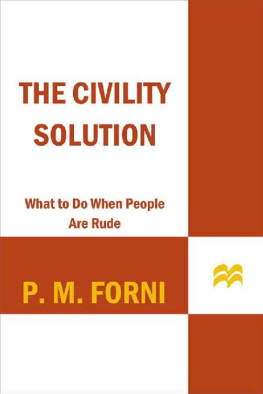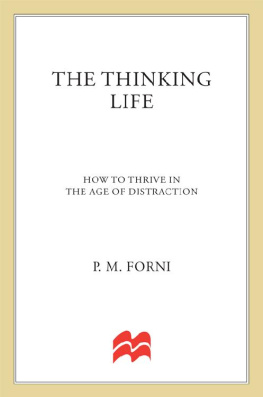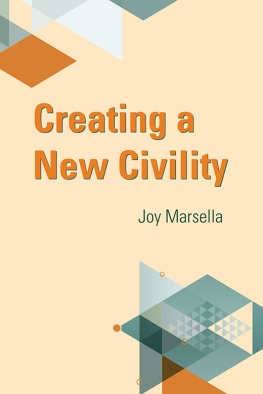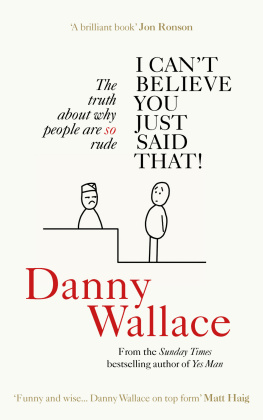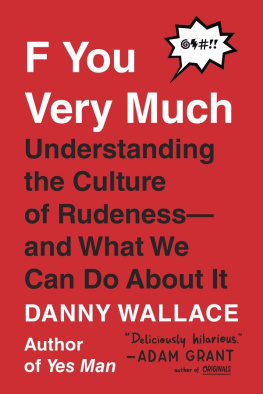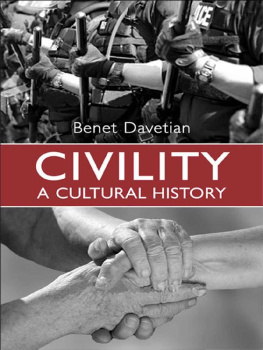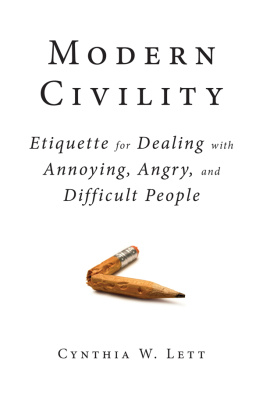P. M. Forni - The Civility Solution: What to Do When People Are Rude
Here you can read online P. M. Forni - The Civility Solution: What to Do When People Are Rude full text of the book (entire story) in english for free. Download pdf and epub, get meaning, cover and reviews about this ebook. year: 2008, publisher: St. Martins Press, genre: Religion. Description of the work, (preface) as well as reviews are available. Best literature library LitArk.com created for fans of good reading and offers a wide selection of genres:
Romance novel
Science fiction
Adventure
Detective
Science
History
Home and family
Prose
Art
Politics
Computer
Non-fiction
Religion
Business
Children
Humor
Choose a favorite category and find really read worthwhile books. Enjoy immersion in the world of imagination, feel the emotions of the characters or learn something new for yourself, make an fascinating discovery.
The Civility Solution: What to Do When People Are Rude: summary, description and annotation
We offer to read an annotation, description, summary or preface (depends on what the author of the book "The Civility Solution: What to Do When People Are Rude" wrote himself). If you haven't found the necessary information about the book — write in the comments, we will try to find it.
Many of us find ourselves confronted with rudeness every day and dont know how to respond. From the intrusive cell-phone user who holds loud conversations in public to the hostile highway driver who cuts one off with a quick swerve of his car, politeness seems to be on a downward spiral, surprising us at every turn. P.M. Forni, the author of Choosing Civility, has the answer. knows that rudeness begets rudeness and, in The Civility Solution, he shows us what to do when confronted with bad behavior by being assertive as well as civil. In more than one hundred different situations, he shows us how to break the rudeness cycle by responding to a variety of confrontations from bullying to rude internet behavior or the hurtful words of an insensitive family member. How would you respond to the following?
A salesperson ignores your requests
A fellow driver gives you the infamous finger
Your childs playmate misbehaves
Your boss publicly reprimands you
P. M. Forni has solutions for all of these and many more. In yet another simple and practical handbook, P. M. Forni presents logical solutions that reinforce good behavior and make our world a more civil place.
P. M. Forni: author's other books
Who wrote The Civility Solution: What to Do When People Are Rude? Find out the surname, the name of the author of the book and a list of all author's works by series.

